|
Filed By:
Gabriel Ponniah, Editor In Chief ATX Screen Scene I wasn’t a horse girl growing up, on account of the fact that I was for one, rarely around horses, and secondly, a boy. But I knew horse girls—they were my classmates, my acquaintances, my friends. I can remember one such person who, in the third grade, was rendered absolutely catatonic by the sale of her favorite horse; she had grown to love this horse over years of riding lessons, but it was sold to a buyer, and ultimately didn’t belong to her. So when I saw Aurora, I was instantly reminded of the emotional truth I’d encountered in my own life. And I wasn’t alone. Aurora is a short fable about a girl and her horse, not unlike the grade school tale above. It’s a brisk but affecting story in which a little girl develops a bond with a horse, has that horse taken from her, and must grapple with sadness, justice, and ultimately, new bonds with new horses. Writer/director Jo Meuris drew on her own experience to create Aurora. In many ways, she is the little girl, but in many ways more, so are we all. Aurora capitalizes on the familiar contours of its story such that the girl and her horses serve as metaphor for relationships in general. Anyone, horse girl or otherwise, can see their own experiences reflected in Aurora: a single person trying to get over an ex, a person whose best friend has just moved across the country for work, a grieving mourner struggling to move past a loss. It’s precisely this breadth of relatability that produced the most remarkable facet of Aurora: the workshop. During the AniFab Festival, filmmakers, in addition to screening their films and attending screenings of their contemporaries’ work, participated in workshops. One such workshop was led by Meuris, herself a member of the Nevada State College faculty, having built its animation program. Reports from the room indicate that, across a couple screenings of the short and resultant discussions, nary a dry eye could be found. The potent relatability of the story, the playful innocence of the visual style, and the emotive score make for a powerful cocktail that demonstrably wrecked the emotional resolve of any who saw it. There were other animated shorts at AniFab, and some featured an abundance of technical prowess while others put forth an unimpeachable, endearing spirit. A couple were recognized for Outstanding Achievement at their respective lengths. But none produced the overwhelming emotional response, neither short nor feature, animated nor live action, than Aurora. And that’s gotta be worth something precious. Filed By:
Gabriel Ponniah, Editor In Chief Austin Alternative Screen Scene More often than not, conservation is a thankless job. If you’ve ever had to administer medicine to a pet, you know that even the most docile companion is prone to struggle. Now, imagine a similar challenge, only the animals are feral, the resources unsuited to the terrain, and the people don’t have the understanding they need to be accommodating. Yes, it’s a thankless job, and more than a little frustrating at times, but it’s a necessary and admirable pursuit all the same. And perhaps no film at AniFab demonstrated the maddening nature of the job more effectively than “CATSTREAM”. Off the coast of Croatia lies an island called Mljem, where one woman faces a Herculean trial: castrate as many as possible of the stray cats that have overrun the village of Sobra. Aside from the physical challenges typically associated with TNR (trap-neuter-return) in less accessible areas—and Mirna Kirin has the scars to prove it—the task presents a social relations problem, the echoes of which are felt across the world. More than a few fellow AniFab 2021 submissions intersect with TNR, but of all the projects looking into the practice, “CATSTREAM” is arguably the most earnest about the difficulties such efforts present. This is not necessarily a film for the whole family, as the opening shot telegraphs, but I never found its crass and unpolished quality outstripped the effectiveness of its approach. Kirin might not earn high marks in customer service, but she understands the ultimate good she’s doing in spite of taking flack from all sides—the cats themselves, the residents of Sobra, and even the less forgiving among the film’s viewership. Credit to director Sunčica Ana Veldić for maintaining such an, ahem, raw presentation of a genuine struggle associated with conservation. The resultant project exemplifies presenting both sides of an issue without losing focus or confusing the audience. Perhaps it’s merely the way in which “CATSREAM” stands in stark contrast to its fellow submissions, or perhaps the film’s merits stand on their own, but whatever the reason, it’s the endearing and authentic take on a familiar issue which sticks with me the most. I like this film, warts and all, and I hope Kirin keeps fighting the good fight, no matter how thankless. |
Get tickets for any #AniFab22 screening:ATX Screen Scene
The ArchAngel of Austin Archives
January 2022
|

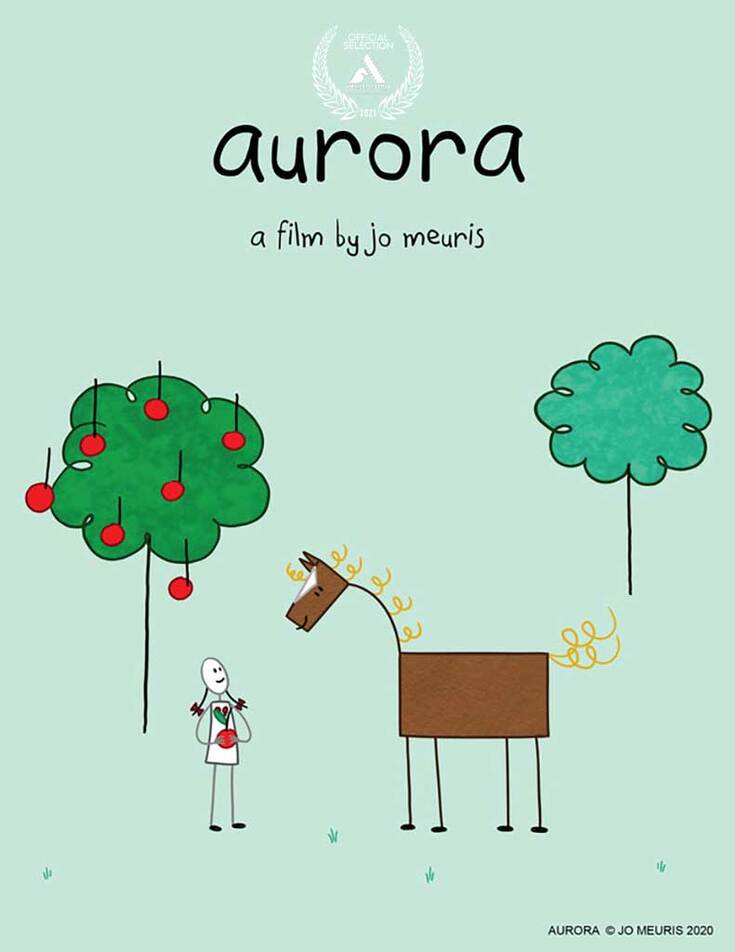
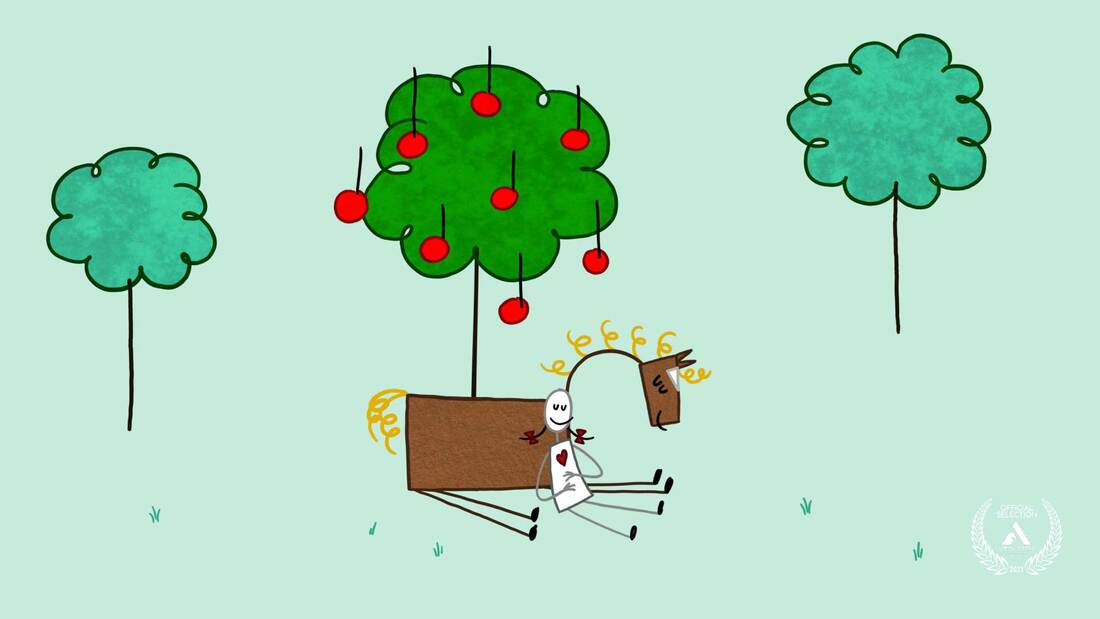
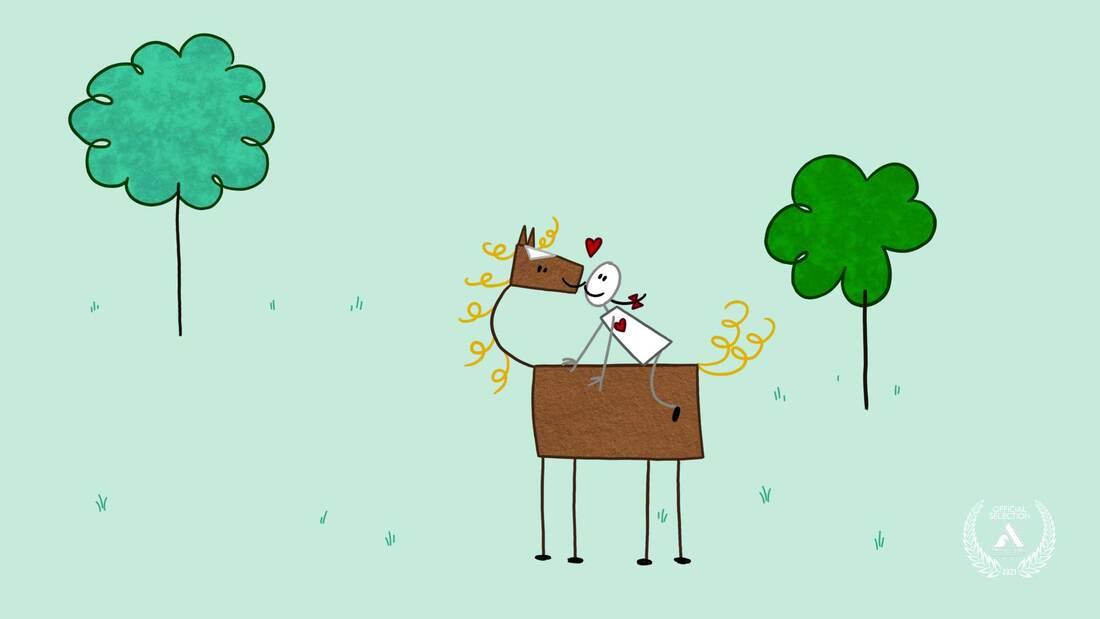
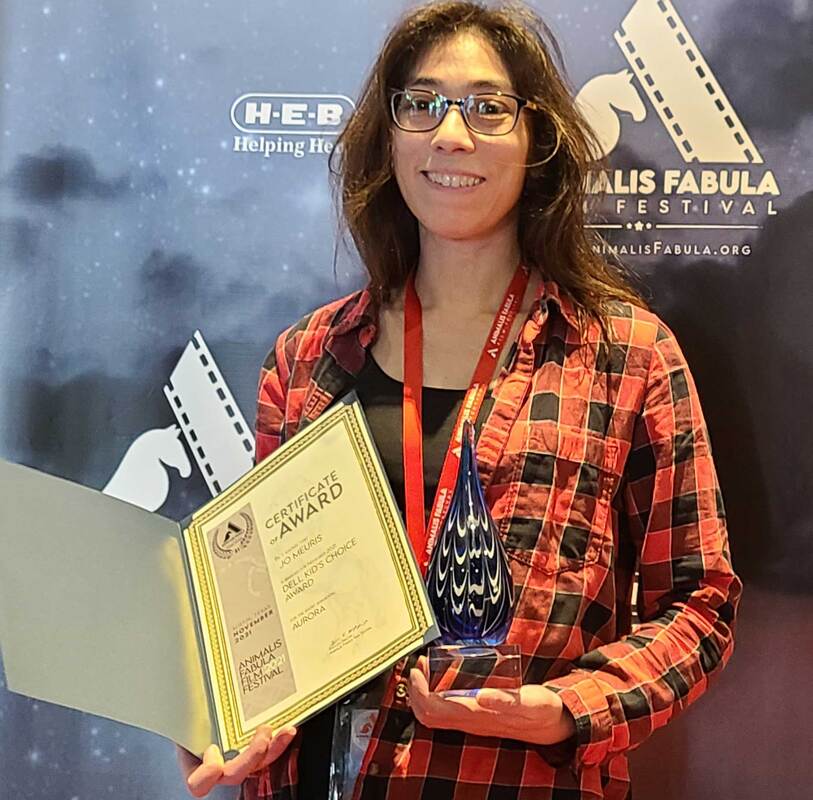
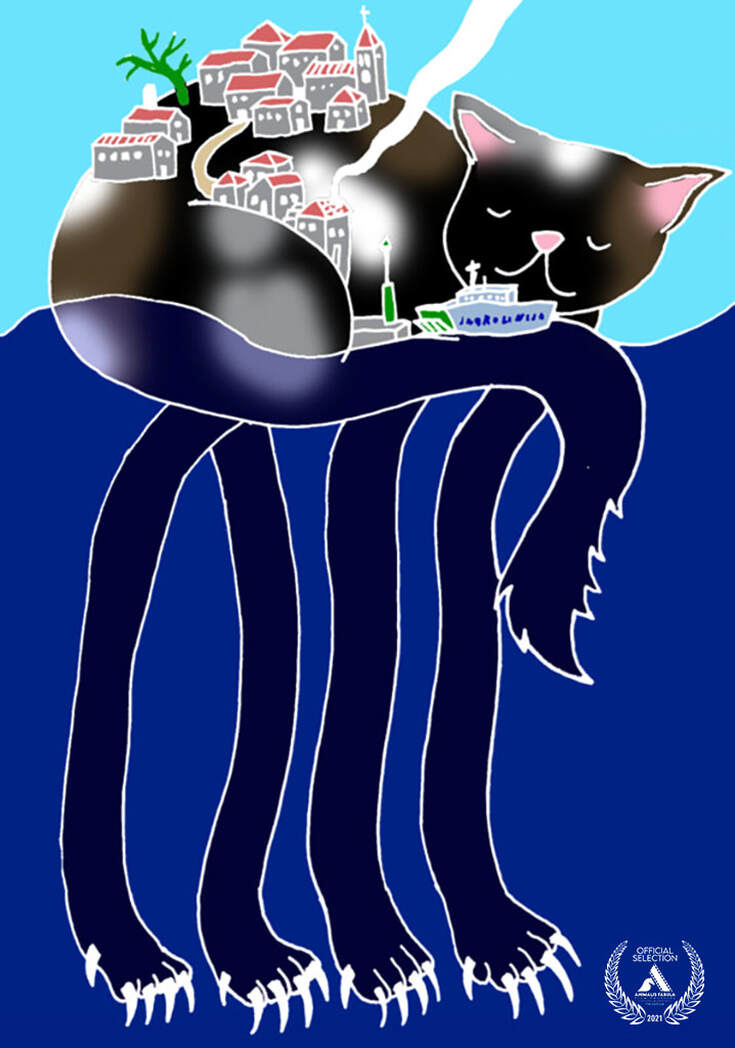
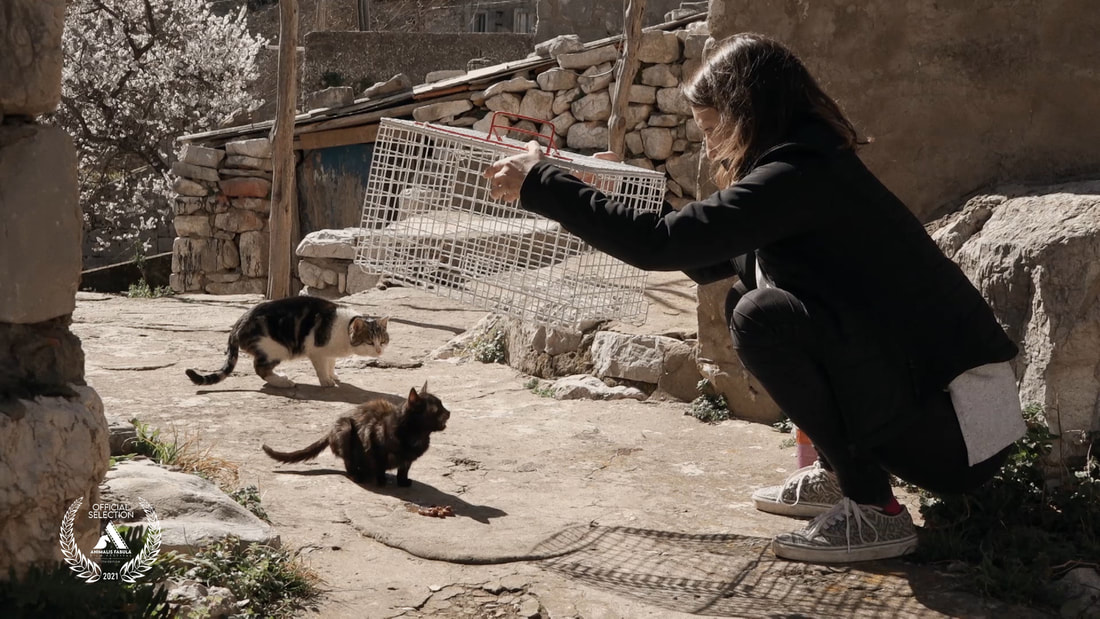
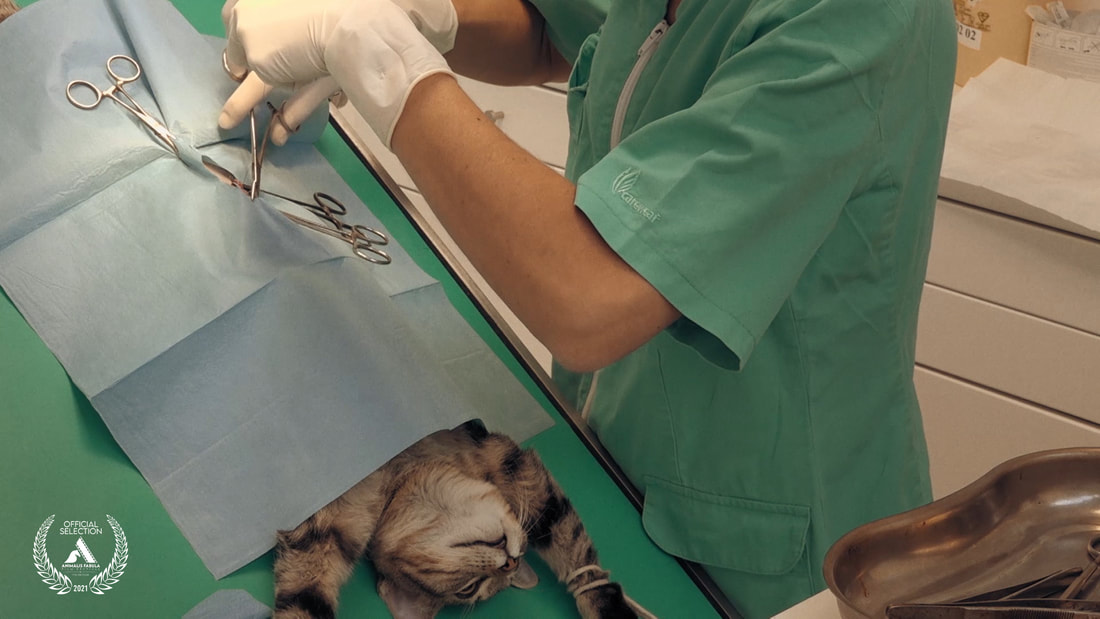
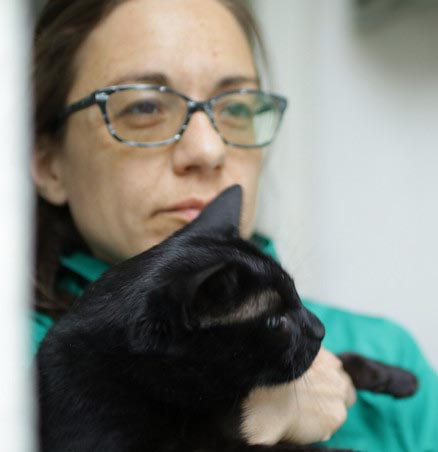

 RSS Feed
RSS Feed



